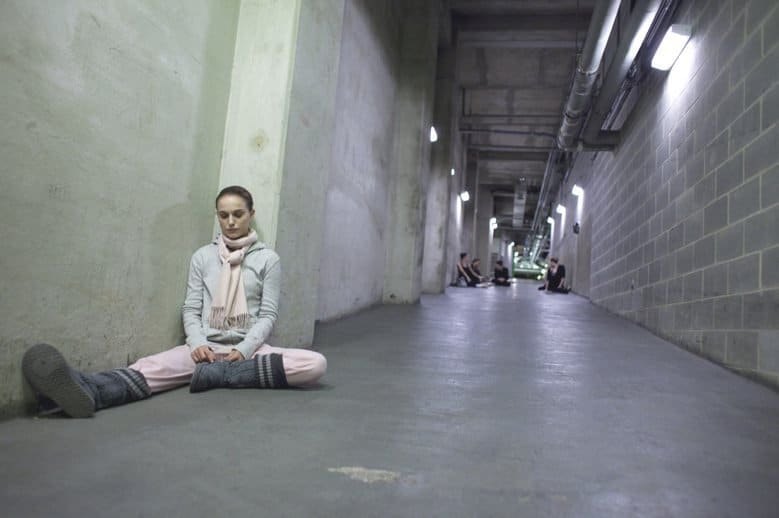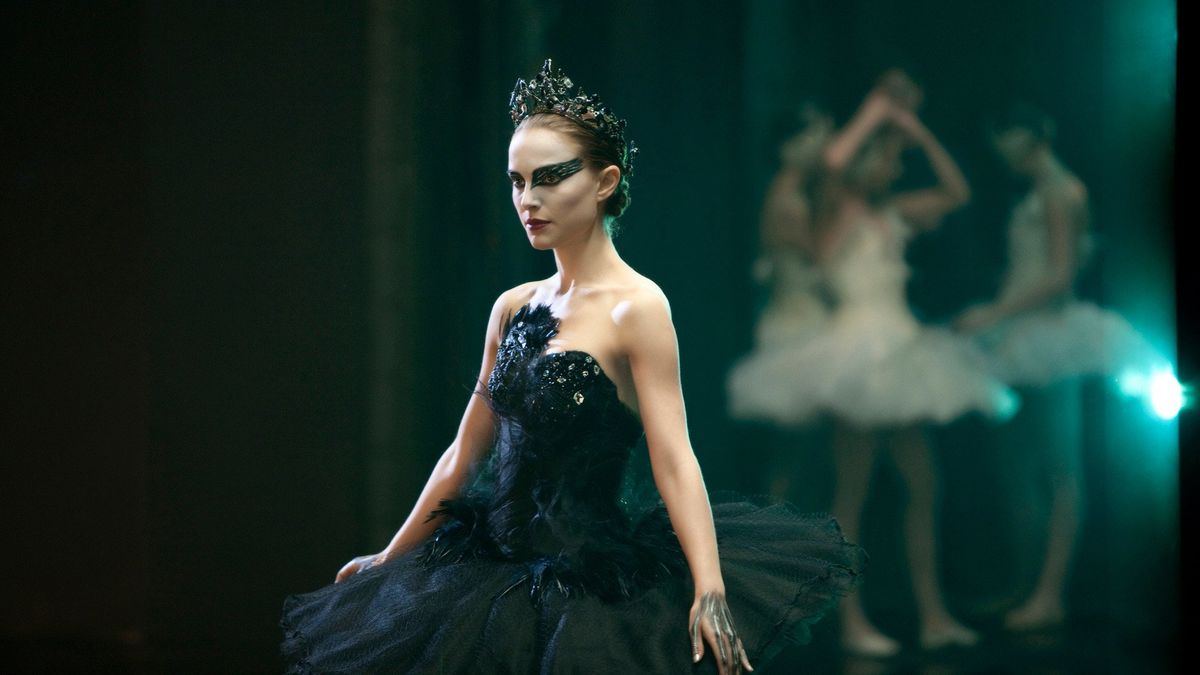Black Swan (2010)
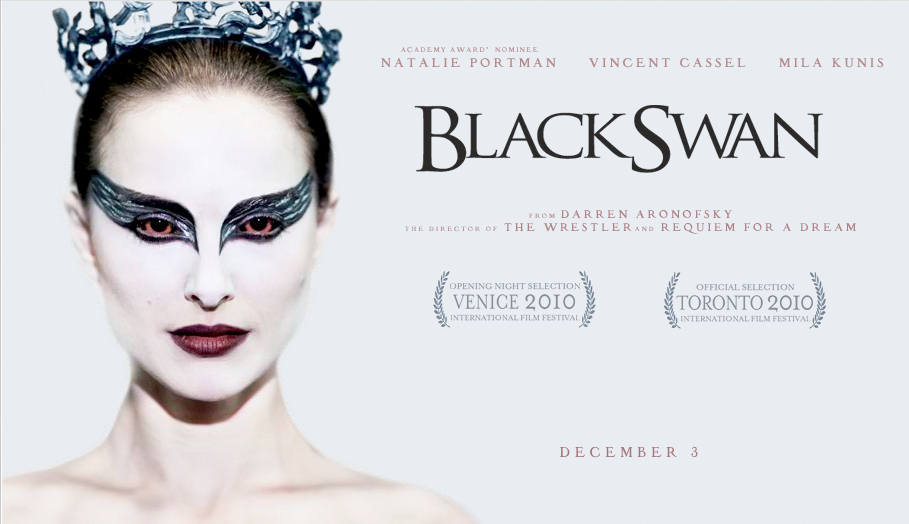
Black Swan (2010) is a psychological horror film directed by Darren Aronofsky, featuring a stellar cast led by Natalie Portman, Vincent Cassel, and Mila Kunis. The movie revolves around a production of Pyotr Ilyich Tchaikovsky’s iconic ballet Swan Lake, which is being staged by a prestigious New York ballet company. At its core, Black Swan explores themes of perfection, obsession, duality, and the destructive nature of artistic ambition, all seen through the eyes of Nina Sayers, a talented yet fragile young dancer portrayed by Natalie Portman.
Nina Sayers is a dedicated, ambitious ballet dancer who dreams of landing the lead role in her company’s upcoming production of Swan Lake. The ballet’s narrative demands two contrasting characters: the innocent and delicate White Swan, and the dark, seductive Black Swan. While Nina is the perfect choice to embody the virtuous White Swan, her director, Thomas Leroy (played by Vincent Cassel), believes she lacks the sensuality and dark edge required to portray the Black Swan. As Nina strives to embody both roles, the pressure mounts, and she begins to lose her grip on reality.
The film follows Nina’s transformation from an innocent and perfectionistic girl to someone who slowly unravels due to the intense physical and psychological demands of her craft. Her relationship with her overbearing mother (played by Barbara Hershey), the tension between her and her rival Lily (played by Mila Kunis), and her growing paranoia contribute to a mounting sense of unease. As Nina becomes increasingly consumed by her desire to embody the duality of the Swan Queen, the lines between reality and delusion begin to blur. This descent into madness is portrayed through surreal, nightmarish sequences that challenge both Nina’s perception and the audience’s understanding of what is real.
One of the central themes of Black Swan is the pursuit of perfection. Nina is an extremely disciplined dancer, but her desire to achieve perfection in her art becomes her undoing. Throughout the film, we see her struggle to meet the high expectations set by her director and her own obsession with being flawless. The character of Nina is a representation of the sacrifice that many artists make in their pursuit of greatness, including the toll it takes on their mental and emotional well-being.
The duality of Nina’s character is another key theme. Swan Lake itself is about two contrasting figures—the innocent White Swan and the seductive Black Swan. Nina’s challenge is to embody both sides of this duality, which parallels her internal conflict. While she has the technical skill to perform the White Swan’s role, she struggles to tap into the darker, more sensual side needed for the Black Swan. This struggle reflects Nina’s own repression, the rigid control over her life imposed by her mother, and the need for her to embrace both light and dark aspects of her own psyche.
The film is also heavily symbolic, particularly in its portrayal of transformation. Nina’s physical transformation is mirrored by her psychological unraveling. Her body becomes the battleground for her mind, with bruises, scratches, and cuts marking the toll of her struggle. The film is filled with symbols of metamorphosis—most notably the recurring imagery of Nina sprouting feathers and transforming into a swan, a metaphor for her descent into madness and her eventual surrender to the darkness within her.
Natalie Portman’s portrayal of Nina Sayers is widely regarded as one of her finest performances, earning her numerous accolades, including the Academy Award for Best Actress. Portman’s ability to convey Nina’s vulnerability, obsession, and eventual descent into madness is both haunting and compelling. Her physical transformation into the role is also notable, as Portman underwent intense ballet training for the film, performing many of her own dance sequences. This dedication adds authenticity to her performance and enhances the film’s visceral impact.
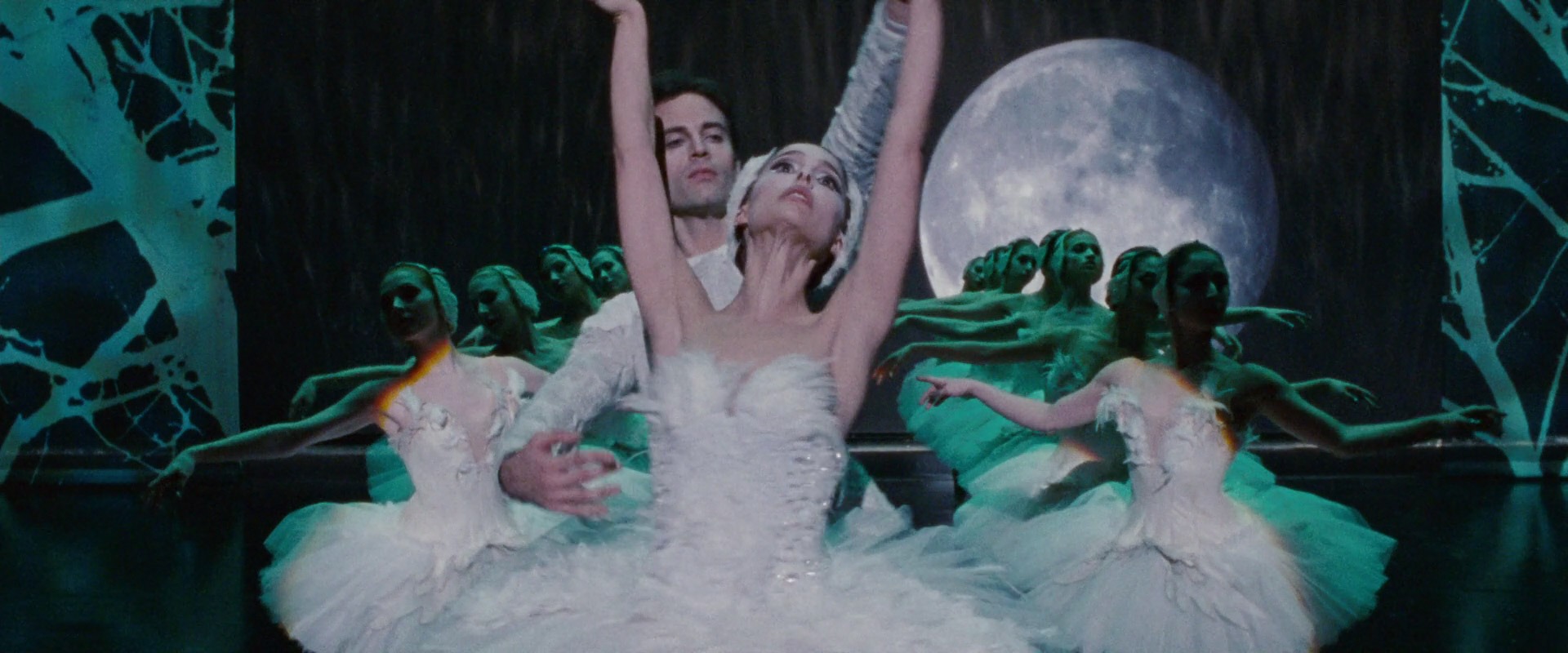
The cinematography in Black Swan also plays a crucial role in creating the film’s unsettling atmosphere. Aronofsky and his cinematographer Matthew Libatique use tight, intimate camera angles, often focusing on Nina’s face to emphasize her emotional turmoil. The camera becomes almost a character in itself, closely tracking Nina’s every move, intensifying the viewer’s sense of claustrophobia and tension. The use of mirrors throughout the film also reinforces the theme of duality, as Nina constantly confronts her own reflection, symbolizing her struggle with her identity.
The film’s haunting score, which incorporates Tchaikovsky’s Swan Lake with modern, atmospheric music by Clint Mansell, further amplifies the sense of unease and impending tragedy. The music serves as both a reflection of Nina’s emotional state and a counterpoint to her physical transformation, adding layers of complexity to the narrative.
At its heart, Black Swan is a psychological horror film. It delves deep into the complexities of the human mind, exploring the fragility of the psyche when pushed to its limits. The film’s horror elements are not based on traditional supernatural threats but on the very real, internal terror that Nina experiences as she loses control of her mind and body. This makes the horror in Black Swan all the more relatable and terrifying, as it examines the dangers of unchecked ambition, the pressures of perfectionism, and the emotional toll of self-doubt.
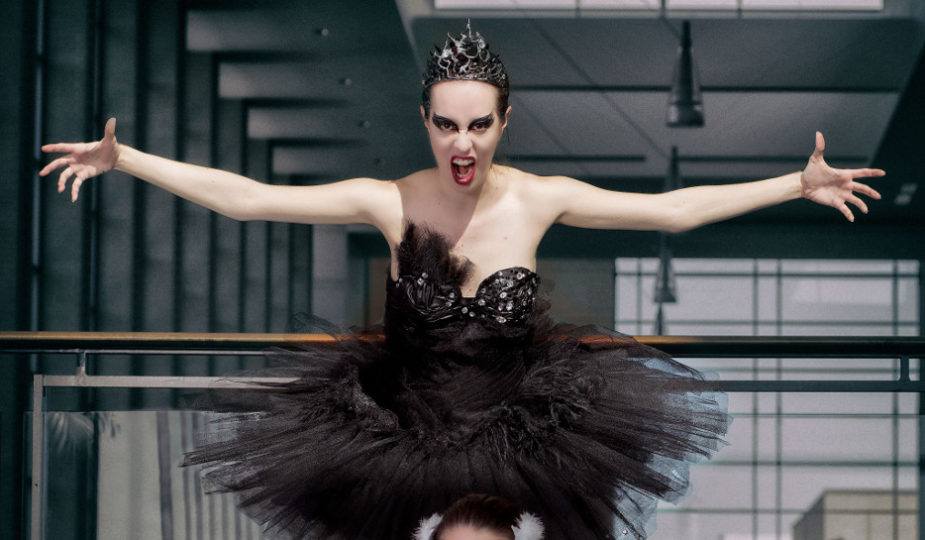
Nina’s descent into madness is a tragic portrayal of how an individual can become consumed by their own aspirations and insecurities. Her ultimate breakdown reflects the devastating effects of living in a world that demands not only talent but also an unattainable standard of perfection.
Black Swan is a masterful exploration of the human psyche, blending elements of horror, drama, and psychological thriller to create a haunting and unforgettable cinematic experience. Through its complex characters, stunning performances, and chilling imagery, the film examines the destructive consequences of the pursuit of perfection, the duality of human nature, and the internal battles faced by individuals in the art world. Darren Aronofsky’s direction and Natalie Portman’s extraordinary performance make Black Swan a film that continues to resonate with audiences long after the credits roll.
